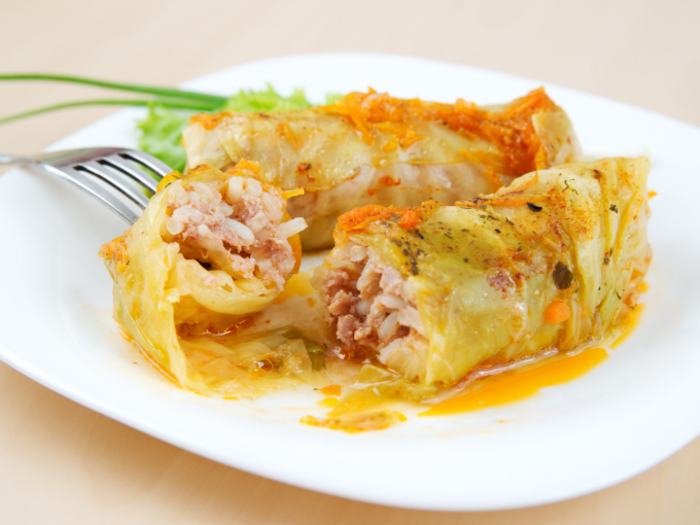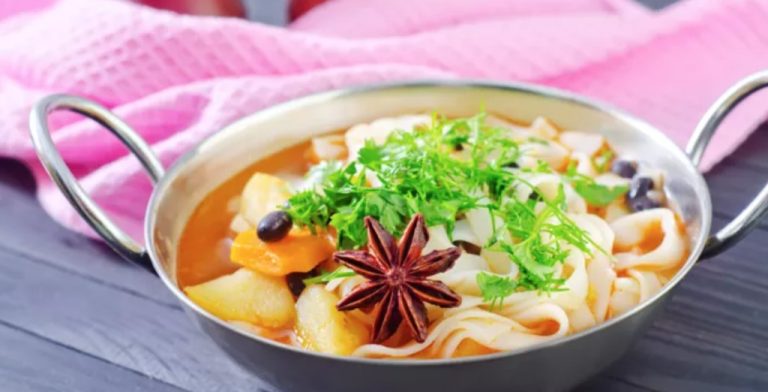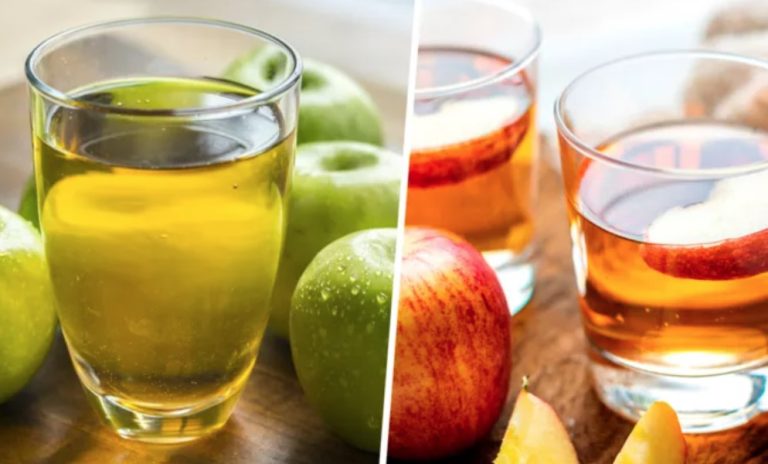Apparently, dinner canceling is supposed to help you age more slowly and stay fit longer. But there are also less radical methods than evening fasting.
There should be about 14 hours between the last meal and breakfast.
So you have your last meal of the day around four or five o’clock in the afternoon.
Instead, drink plenty of herbal tea or mineral water in the evening. The drinks also help you get over hunger, but contain no calories.
Dinner canceling proponents promise it keeps you young and fit. The fact that you may also lose weight is more of a side effect, but not the primary goal.
So dinner canceling is a nutritional method and not a diet in the traditional sense, where certain foods are on the ban list or you have to count calories. You can eat whatever you like between breakfast and late afternoon – only dinner is cancelled.
Dinner canceling is said to activate anti-aging hormones

Dinner canceling is intended to promote the body’s own mechanisms to regenerate overnight.
At night, the body returns many functions to a resting state.
When it is dark, the body releases more of the hormone melatonin. It controls the sleep-wake cycle.
In addition, the body produces more of the growth hormone somatropin at night. The hormone empties fat stores and builds muscle mass. Among other things, it supports the immune system and ensures firm skin.
Researchers see a connection to the aging process in the hormones somatropin and melatonin: the body produces fewer and fewer of these hormones with increasing age. On the other hand, if the body receives fewer nutrients at night, it responds by producing more somatropin. Dinner canceling is intended to stimulate the body to release more somatropin – which is supposed to have a “rejuvenating” effect.
Stiftung Warentest reports that so far there have only been tests in the test laboratory. In some of the animals examined, such as fruit flies, the researchers found a 50 percent longer life expectancy. It is not yet clear whether this can also be the case in humans.
Dinner canceling “light”
However, skipping dinner can also have some negative side effects. The body goes into hypoglycaemia and the body temperature drops. The metabolism can react very differently to this short-term fasting:
You could get circulatory problems or headaches (tip: fight headaches naturally).
You may not be able to sleep due to cravings.
Proponents of dinner canceling often advise compromises:
Only skip dinner once or twice a week.
Instead of around 4 p.m. in the afternoon, you can have your last meal of the day around 6 p.m.
This version of dinner canceling might make doing without something easier.
Light dinner instead of dinner canceling

Whether you try dinner canceling or not – you should definitely be aware of what else you usually nibble on the couch in the evening. You should generally avoid carbohydrates, such as in white flour and sugar, in the evening. The stomach takes longer to digest these foods.
Sausage or meat are also heavier in the stomach, especially if they contain a lot of fat. By the way: fruit also contains sugar that the stomach needs longer to digest: i.e. fruit sugar, i.e. fructose. You should also avoid eating raw vegetables and salads in the evening, as they put a strain on the stomach. A light, healthy dinner that is easy for you to digest is better.
Important Warning: Dinner Canceling is not suitable if you have an eating disorder, are pregnant or have an advanced chronic disease. In this case, seek medical advice.





